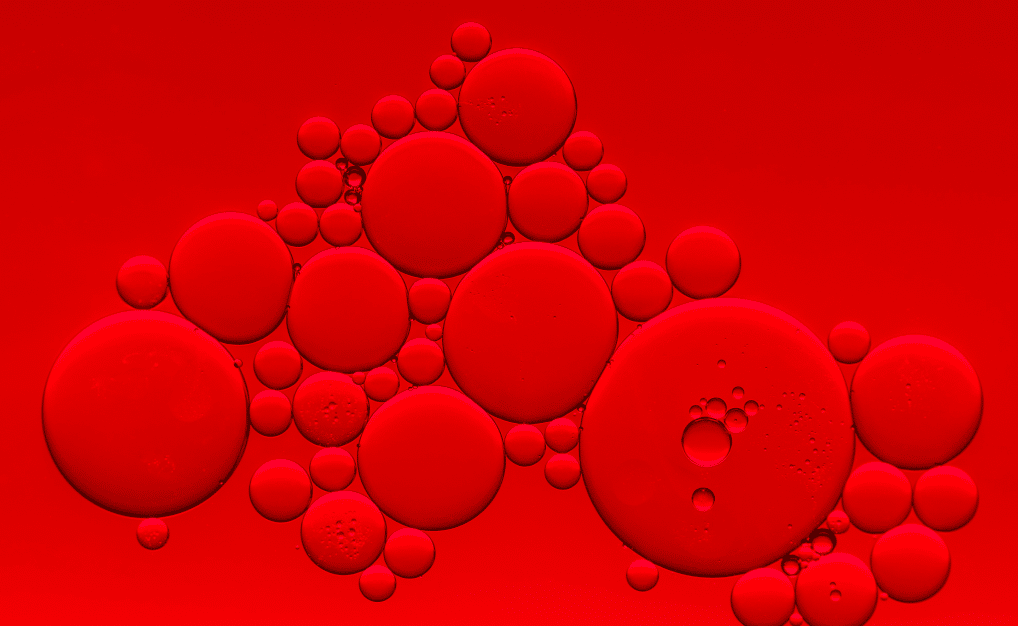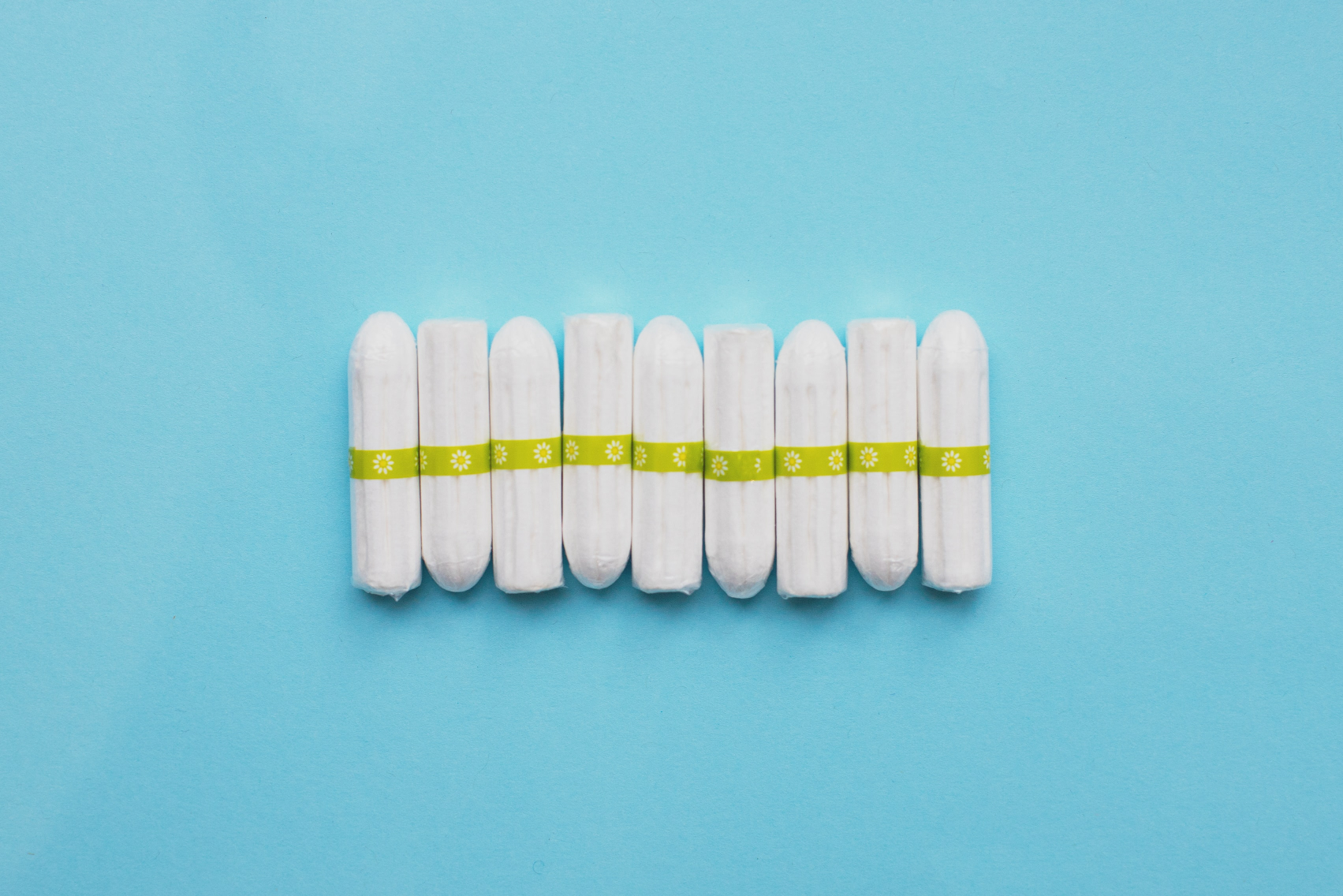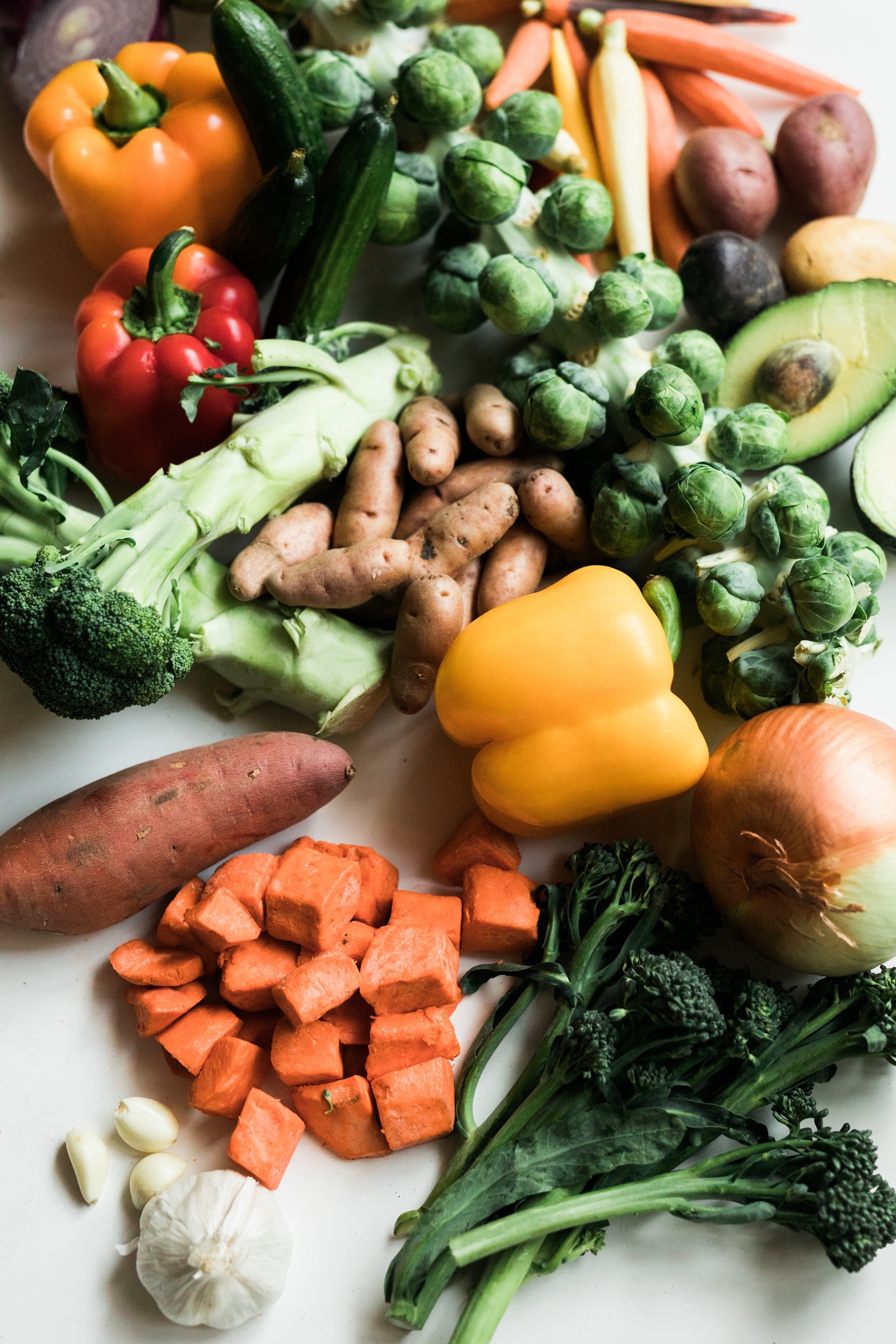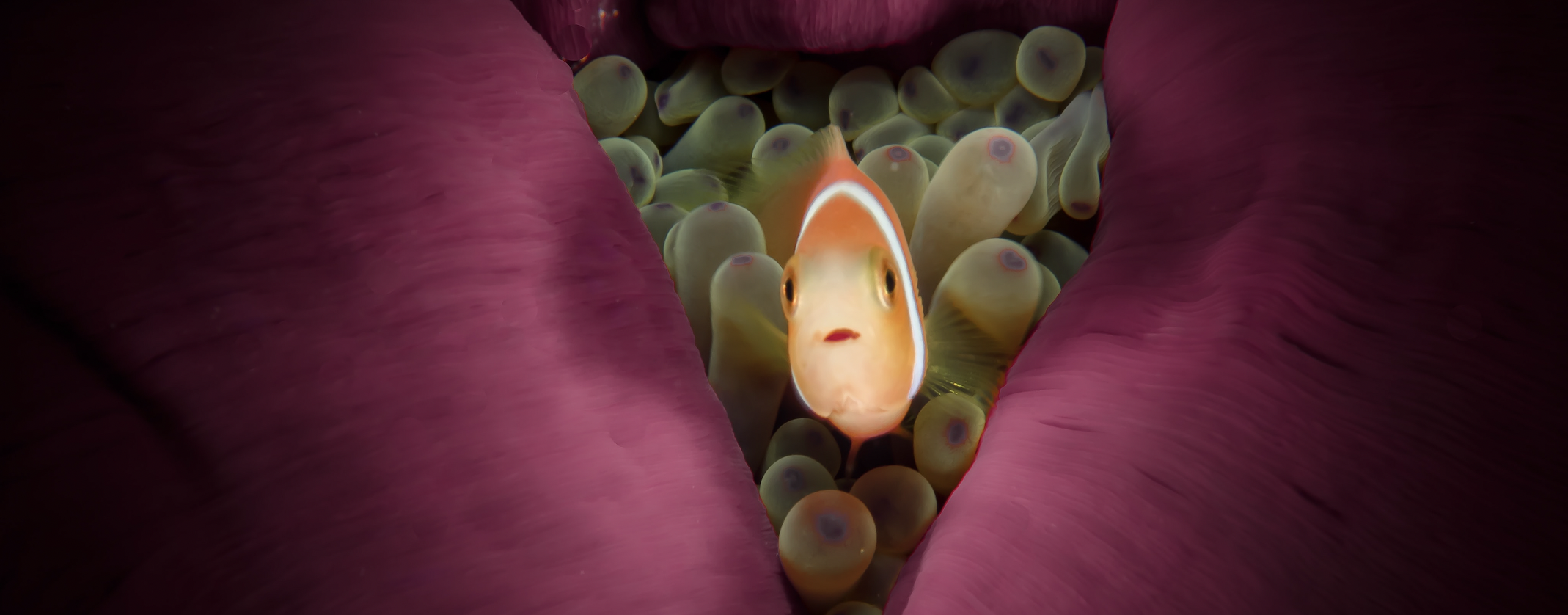

Egg freezing
What’s the best age to freeze eggs?
Egg freezing is a way to delay family building and increase your chances of having a biological child at a later age, when fertility declines. More and more women today are deciding to freeze their eggs and wait for motherhood. But how successful is it really, and what are the chances you will actually use your stored eggs? In this fact sheet, we explore what the research says about the usage and success rates related to egg freezing and pregnancy.
Egg freezing facts at a glance
- Egg freezing has become more successful lately because of the new process of vitrification (fast freezing).
- In terms of egg quality and count, the best time to freeze your eggs is before age 32. However, economic studies have found that there is a greater return on investment when freezing your eggs in your mid-30s (up to age 37), because the chances of using stored eggs are higher.
- Your uterus can still support pregnancy until a later age, however the chances of pregnancy complications for mother and baby increase after age 35, and more significantly after age 40.
- The quality of your eggs doesn’t decrease when frozen, and there is no “expiration date” on frozen eggs.
- Your chances of a successful pregnancy depend on the age you were when you froze your eggs. So, if you freeze your eggs at 30 and use them for IVF at 40, you’ll have similar chances of success as other 30-year-olds.
The important thing to remember about egg freezing is that although it boosts the chances of successful IVF and pregnancy when you’re older, it’s still no guarantee of having a baby.
How many eggs should you freeze?
This depends on how old you are when you undergo egg freezing and how many kids you want to have. Research shows that the older you are, the more eggs you should freeze to have good chances of a successful round of IVF later on.
A 2016 study by Doyle et al. published in Fertility and Sterility analyzed 1,283 vitrified eggs that were warmed for 128 IVF cycles. Based on the results, the researchers recommend women under 38 freeze 15–20 eggs to have a roughly 70–80% chance of at least one live birth. If you’re between 38 and 40, freezing 25–30 eggs will give you about a 65–75% chance of at least one live birth.
Here’s a graph from the study that helps to visualize the probability of success based on the number of frozen eggs and the age at which eggs were frozen:




Source: https://www.fertstert.org/article/S0015-0282(15)02037-3/fulltext
If you’re 38 or older, you’ll likely need to undergo more than 2 freezing cycles to retrieve and store a good number of eggs. However, this also depends on how big your ovarian reserve is, as measured by the anti-Mullerian hormone (AMH). Fertility clinics generally advise against freezing your eggs if you’re over 40 because of lower egg quality, and some won’t offer the procedure to women in this age group.
When to freeze your eggs
Choosing what age to freeze your eggs is an important call to make. On the one hand, freezing your eggs in your 20s or early 30s will lead to higher chances of success with fewer cycles. But on the other, the younger you are when you freeze your eggs, the higher the probability is that you won’t end up needing them.
Women who freeze their eggs later on likely need to go through more cycles of egg freezing and retrieve more eggs in order to have similar chances of success. More freezing cycles means more hormonal medication and costs related to the procedure.
That being said, research shows that it is still cost-effective to freeze your eggs up to age 37. That’s because of the impact it has on IVF success when using eggs that were frozen years before. Plus, the older you are when you freeze your eggs, the greater the probability is that you will end up using them, so the return on investment is higher.
What’s the likelihood of using your frozen eggs?
When considering whether or not to undergo egg freezing, this is a common question women ask themselves. While this is of course very individual and will depend on you, a few studies have also looked into this.
A high percentage of women who freeze their eggs never use them. Most studies show that less than 20% of women use their frozen eggs. When asked why women didn’t use their frozen eggs, they answered that they didn’t want to be a single parent, preferred to conceive naturally, or didn’t want to use a sperm donor for IVF.
If you’re interested in egg freezing, you should first test your fertility with LEVY Health and speak with a fertility doctor (reproductive endocrinologist). You can read more about egg freezing in our other fact sheets: the egg freezing process and the main reasons women freeze their eggs.
- Doyle JO et al.: Successful elective and medically indicated oocyte vitrification and warming for autologous in vitro fertilization, with predicted birth probabilities for fertility preservation according to number of cryopreserved oocytes and age at retrieval. Fertil Steril. 2016;105(2):459-466.
- Chronopoulou E et al.: Elective oocyte cryopreservation for age-related fertility decline. J Assist Reprod Genet. 2021;38(5):1177-1186.
- Cobo A et al.: Elective and Onco-fertility preservation: factors related to IVF outcomes. Hum Reprod. 2018;33(12):2222-2231.
- Walker Z, Lanes A, Ginsburg, E. Oocyte cryopreservation review: outcomes of medical oocyte cryopreservation and planned oocyte cryopreservation. Reprod Biol Endocrinol. 2022;20(1):10.
- Maslow BSL et al.: Likelihood of achieving a 50%, 60%, or 70% estimated live birth rate threshold with 1 or 2 cycles of planned oocyte cryopreservation. J Assist Reprod Genet. 2020;37:1637-1643.
- Varlas VN et al.: Social Freezing: Pressing Pause on Fertility. Int J Environ Res Public Health. 2021;18(15):8088.
You might also like...

Female hormones: What you need to know about reproductive hormones, the menstrual cycle, and fertility
When you’re struggling with fertility, one of the first places to look is your hormones. Certain vital reproductive hormones are in charge...
Silvia Hecher
January 17, 2024

Fertility blood test: Why does it need to be cycle days 2-5?
When you test your fertility with LEVY, you will always check your basic reproductive hormone levels (including FSH, LH, TSH, Prolactin, Estradiol,...
Lena
September 8, 2022

Forms of amenorrhea and fertility
Not getting your period is a condition called amenorrhea. It’s important for fertility because not having a menstrual cycle with monthly ovulation...
Lena
January 18, 2022

Fertility Foods for Women to Help You Get Pregnant Faster
How you nourish your body is key not only when you have a baby in your belly, but also to help prepare...
Kayla
March 22, 2022

10 Reasons IVF can fail and What to Do Next
Why IVF fail: Although in-vitro fertilization (IVF) can help many people who weren’t able to conceive naturally have a child, there’s unfortunately...
Lena
March 2, 2023

Iron: The secret ingredient for fertility?
Getting your daily recommended amount of vitamins and minerals is key to getting pregnant and having a healthy pregnancy. So, how does...
Lena
November 30, 2022

What your AMH levels can tell you about fertility
FSH, LH, estrogen, progesterone… If you’re struggling to have a baby, you’re probably becoming an expert on all things hormones. AMH is...
Lena
August 25, 2022

6 Interesting Facts About Ovaries You Might Not Know
Women have two ovaries which are located on either side of the uterus. They’re around 3-5 cm long – about the size...
Kayla
April 20, 2022

What to expect when testing your fertility with LEVY
If you’ve been trying to conceive for a while, it’s totally normal to feel frustrated. Why hasn’t it happened for you yet,...
Kayla
February 3, 2022




